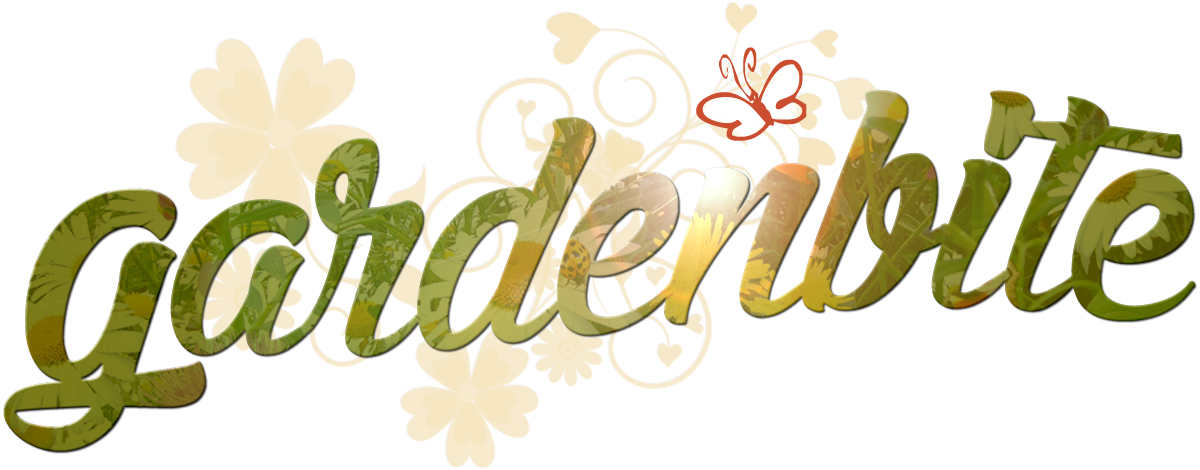Click below to listen to my 2 min. Garden Bite radio show: Pollinators are key to environmental health
Audio PlayerAs I talked about milkweed and other pollinator friendly plants yesterday, I wanted to add more reasons for doing what we can to preserve and/or create some habitat for them in our own backyards.
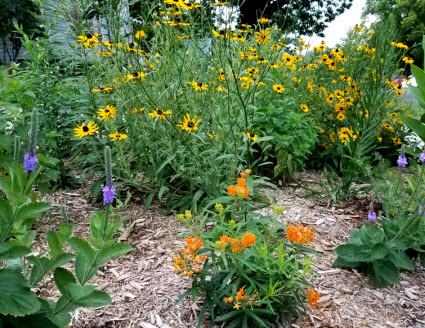
As we know, bees, butterflies and hummingbirds are needed to pollinate plants that provide food crops such as fruits, vegetables and herbs.
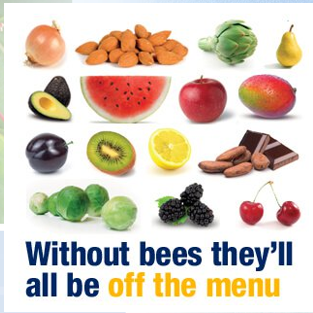
Some of these foods are important for wildlife, too. Black bears, for example, eat raspberries that are pollinated by bumble bees.

Honey bees and native pollinators contribute millions of dollars to our agricultural economy. Pollinators help maintain the health of the many plants that stabilize the soil and prevent erosion.
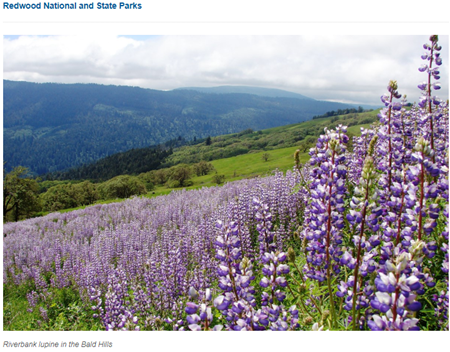
These plants also buffer waterways, store carbon, and provide habitat for other wildlife.
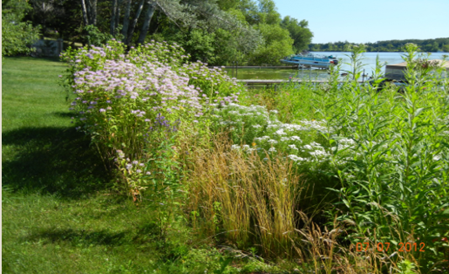
Plus, flowering landscapes are beautiful. Without pollinators, our environment would look very different.
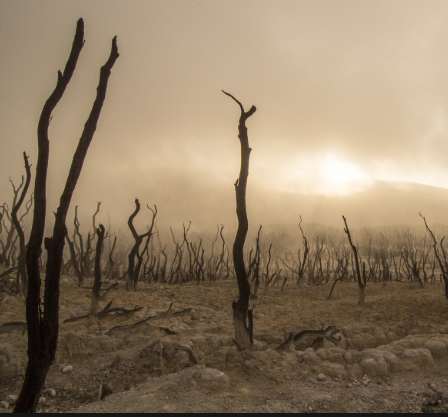
To help pollinators planting a variety of flowers is essential, natives are best but don’t hesitate to plant cultivars. One native that’s gained a lot of traction in my lawn is clover!
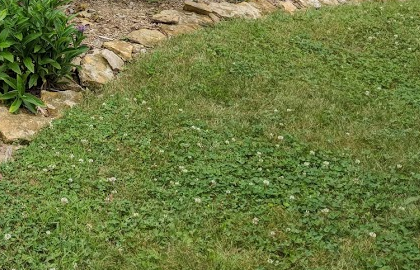
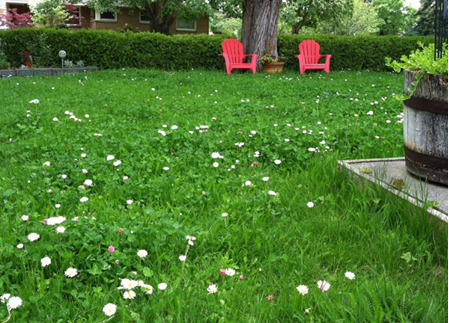
There are a lot of people who don’t appreciate it but notice the number of bees that buzz from flower to flower! PS, they won’t sting you. They’re not after you, however, if you mess with them, they may mess with you!
On previous garden bites I’ve talked about nesting areas and more.
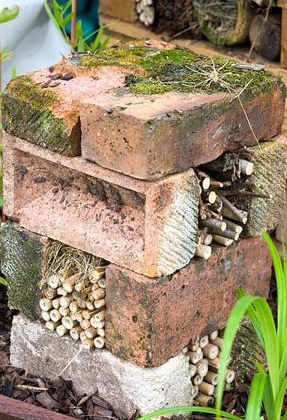
Of course, the biggest thing is to reduce pesticide use. I know my neighbor may not be thrilled with my clover filled lawn but I do try to keep it low. One person’s weed is another’s flower!
MN DNR on Pollinator Resources
